Black women with fibroids face delays and poor care in the UK, says report

Black women in the UK who experience symptoms caused by fibroids are facing delays, poor care and dismissal by healthcare professionals according to a parliamentary report.Published by the all-party parliamentary group on black health, the report included a survey of more than 500 women regarding their experience of uterine fibroids, with more than 70% of respondents being Black British.The survey found that more than a quarter (27%) of respondents were not offered any treatment after being diagnosed with fibroids, and more than 50% also had experienced delays to their diagnosis of at least two years, while 26% of respondents had lived with fibroids for more than 10 years.Uterine fibroids are noncancerous growths that develop in or around the womb.Serious cases can be linked to very heavy or long menstrual periods, pain, pelvic pressure and infertility and an increased risk of miscarriage.
Previous reports have suggested that black and Asian women may have an increased risk of experiencing more serious cases of fibroids,The report also found there to be a lack of dedicated research to uterine fibroids in general in the UK, finding that between 2014 and 2021 there have been only six UK-based research studies on the issue,“Fibroids are a reproductive health emergency that disproportionately affect black women, and are the leading cause of reproductive complications such as disrupted fertility journeys, pregnancy loss and surgical interventions,” said Prof Faye Ruddock, the chair of the Caribbean and African Health Network,She added: “Many women experience delayed diagnosis, delays and dismissal that can cause unhealthy psychological and emotional burdens,The all-party parliamentary group on black health’s focus on fibroids was shaped by two years of advocacy led by the Caribbean & African Health Network and other black-led organisations.
“There is a great need for research on genetics and lived experiences.This report demands systemic change to improve government policy, healthcare practice, access and outcomes for black women.”The report, supported by the Health Foundation, also found that black women were disproportionately offered hysterectomies as a first-line treatment after a delayed diagnosis, and that non-surgical options including a myomectomy were still underutilised and not highlighted as an alternative treatment option.Prof Ranee Thakar, the president of the Royal College of Obstetricians and Gynaecologists, said: “Fibroids affect around two in three women during their lifetime, most commonly between the ages of 30 and 50.This report rightly highlights the disproportionate impact on black women.
“The consequences of fibroids can be profound, causing pain, heavy bleeding, and in some cases, reduced fertility, all of which can deeply affect a woman’s quality of life.She added: “These health inequities must be addressed urgently and we are working with clinical experts and women to develop recommendations for improved screening, diagnosis and the treatment of fibroids in England.With over half a million women still waiting for gynaecological care for conditions such as fibroid treatment, timely detection and intervention are critical.”Paulette Hamilton, the MP for Birmingham Erdington and chair of the all party group on black health, said: “For too long, black women have suffered in silence with fibroids, their pain dismissed and their care delayed.This report breaks that silence.
It is a call to action for equity, dignity, and justice in women’s health, and it must become a clear and measurable priority within our national health strategy.”A Department for Health and Social Care spokesperson said: “Women with uterine fibroids are waiting too long for diagnosis and care, especially Black women – that’s unacceptable.We are determined to end years of neglect in women’s health by placing equality at the heart of our reforms.This means listening to women and delivering the high-quality care they deserve.“We are also funding new research to improve outcomes for women with uterine fibroids and our drive to cut waiting lists will benefit all patients, including those with gynaecological conditions.
”
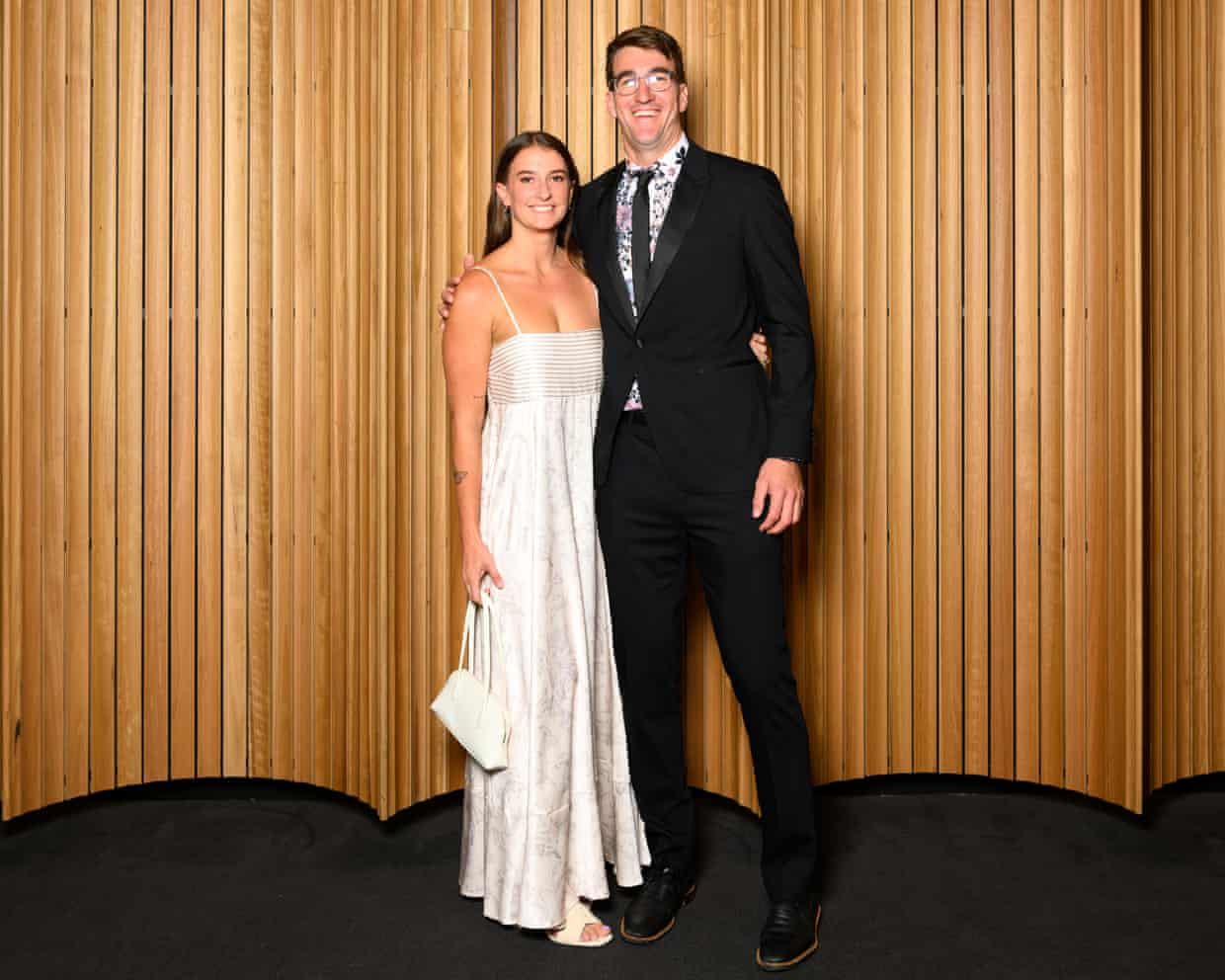
‘Things are bigger than cricket’: Blair Tickner ready to enjoy New Zealand return
More than two years have passed since Blair Tickner last played for New Zealand, two years in which his life was thrown into chaos, his career into doubt, his family into crisis. “Obviously people haven’t seen me as much, but I feel like I’ve been doing all the right things for the last two years,” he said of his call-up, one game into the ODI series against England. “So nothing’s really changed. I’m still the same guy.” This is not true
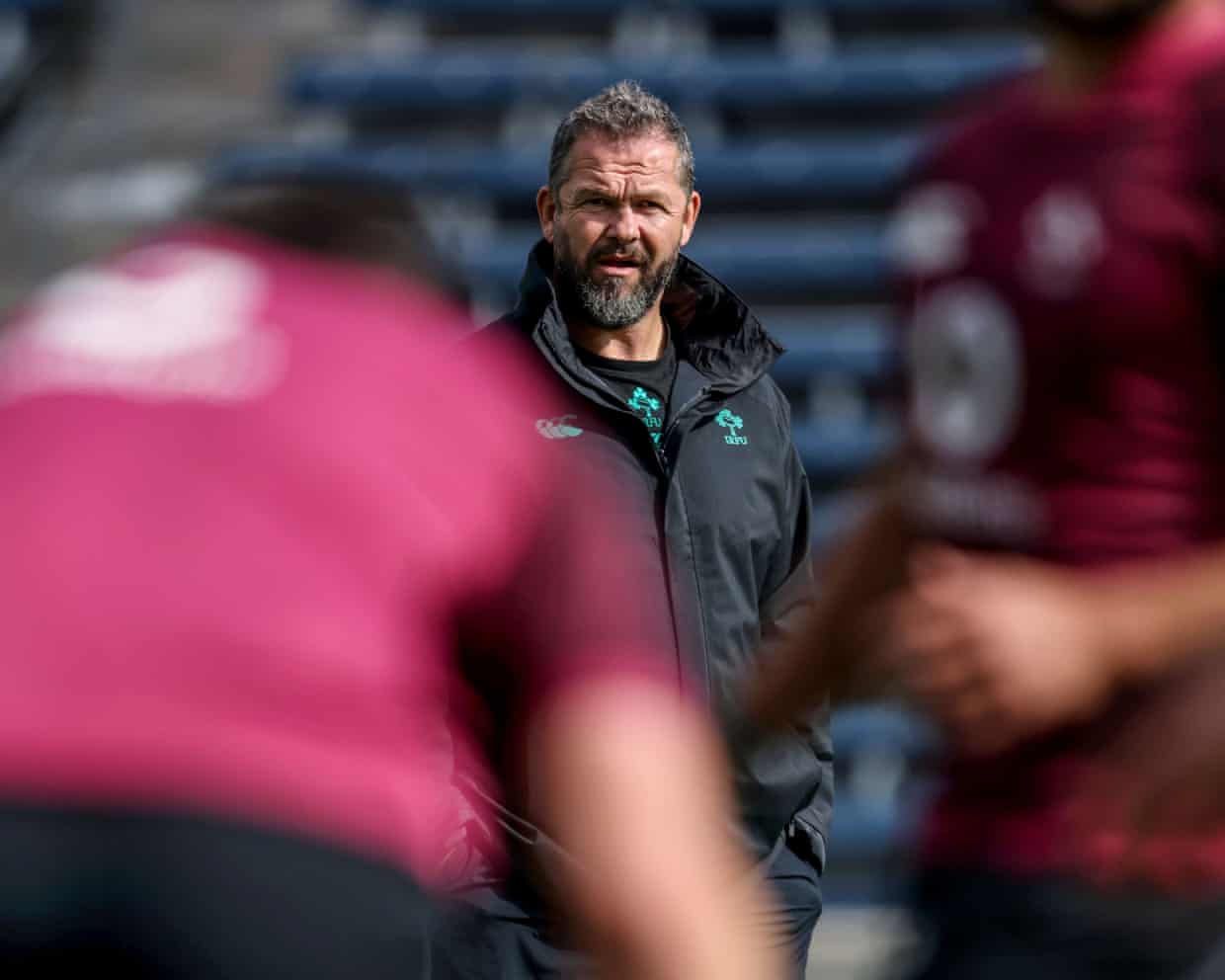
The Breakdown | Farrell’s return boosts Ireland for Autumn Nations Series with plenty at stake
One minute we’re winding the clocks back an hour, the next we’re hurtling forwards into rugby union’s maddest month. Welcome to the whistle-stop world of the Autumn Nations Series, which, this year, has arrived as abruptly as a cat burglar in the Louvre. Sides that take time to settle into familiar old routines are about to experience a short, sharp shock.Of course there is the flip side: the main southern hemisphere powers have been smashing away at each other for weeks and certain individuals must be slightly weary. In terms of cohesion and collective readiness to pick up where they left off last time out, however, there is barely a comparison
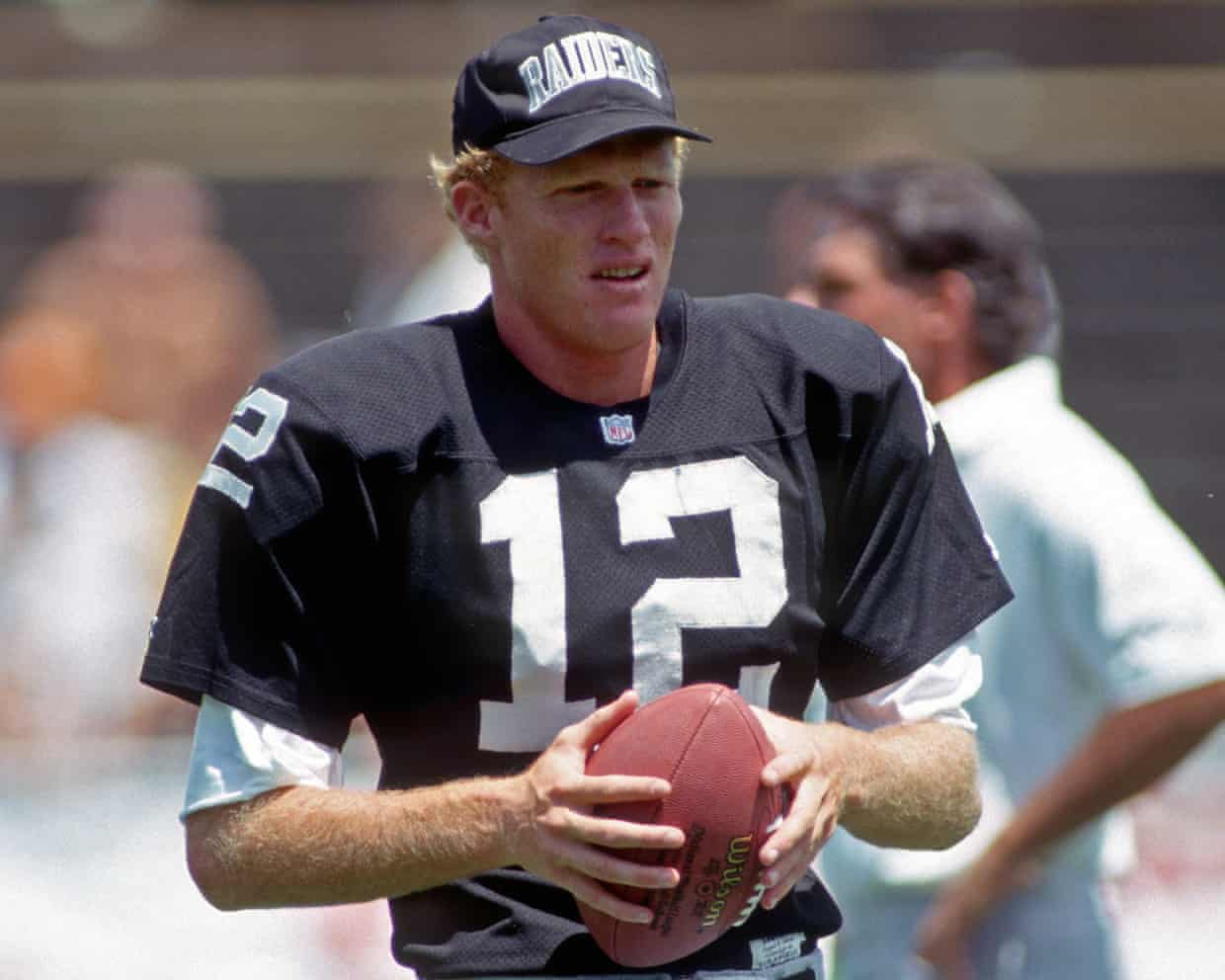
‘Drugs quieted my inner loathing’: Todd Marinovich on the NFL, addiction and the power of art
Marcus Allen knew, and tried to help. So did Howie Long. But many of Todd Marinovich’s teammates on the Los Angeles Raiders of the early 1990s had no idea their young quarterback was using drugs.Marinovich had come to the Raiders from USC, where he had guided the Trojans to a Rose Bowl victory as a freshman. By that time, he had accumulated two nicknames: “Robo Quarterback,” after the legendarily demanding training regimen instilled by his father, former Raiders player and assistant coach Marv Marinovich, intended to foster excellence in athletes

Jannik Sinner calls out grand slams for delaying welfare and prize money talks
Jannik Sinner has criticised the grand slam tournaments for failing to engage with repeated requests from the world’s top stars to discuss prize money and welfare benefits for lower-ranked players.The Guardian has learned that detailed proposals from the world’s top 10 male and female players over alterations to prize money were rejected by the grand slam tournaments in August, while their request for a meeting to discuss their concerns at the US Open was also turned down.However, the grand slam tournaments are understood to have told the players that they cannot hold substantive talks until a separate legal case brought by the Professional Tennis Players Association has been resolved. They also referenced ongoing negotiations over the tennis calendar and plans for a so-called Premium Tour.Sinner expressed frustration at the refusal of grand slam tournaments to discuss welfare benefits in particular, as well as repeating the players’ call for greater prize money

Freeman’s walk-off homer lifts Dodgers over Blue Jays in 18-inning World Series epic
It took Freddie Freeman three chances to get it just right.When the Los Angeles Dodgers first baseman drove a fastball deep into centerfield in the bottom of the 13th inning, the home fans at Dodger Stadium groaned as the ball nestled into Toronto Blue Jays center fielder Daulton Varsho’s glove – making Game 3 of the 2025 World Series just the fifth World Series game to ever reach the 14th inning. Two innings later, Freeman hit the ball even harder, but not quite high enough as Varsho chased it down before it could reach the center field wall. The two teams were now playing the second-longest World Series game of all time.ScheduleBest-of-seven series

Socceroos fans divided over new FA+ paid membership offering fast access to World Cup tickets
Football Australia has launched a new paid membership tier giving Socceroos fans priority access to tickets for next year’s World Cup.But if there are more paid members than Australia’s ticket allocation for the tournament in North America, there is no guarantee that stumping up the $99 annual fee will secure a seat.The new offering FA+, which is being marketed primarily as the “gateway to the 2026 World Cup”, has drawn a mixed response from Socceroos fans, with some reluctant to pay a premium without the promise of a certain ticket.The deal also includes discounted tickets to Socceroos and Matildas home matches and Australia Cup and Australian Championship games, “special access” at open training sessions, a $20 merchandise voucher, invitations to events, partner discounts and insider content.After the World Cup draw on 6 December when the Socceroos will learn against who and where they will play their group stage games, members of the new scheme will be able to enter a ballot in a bid to secure tickets
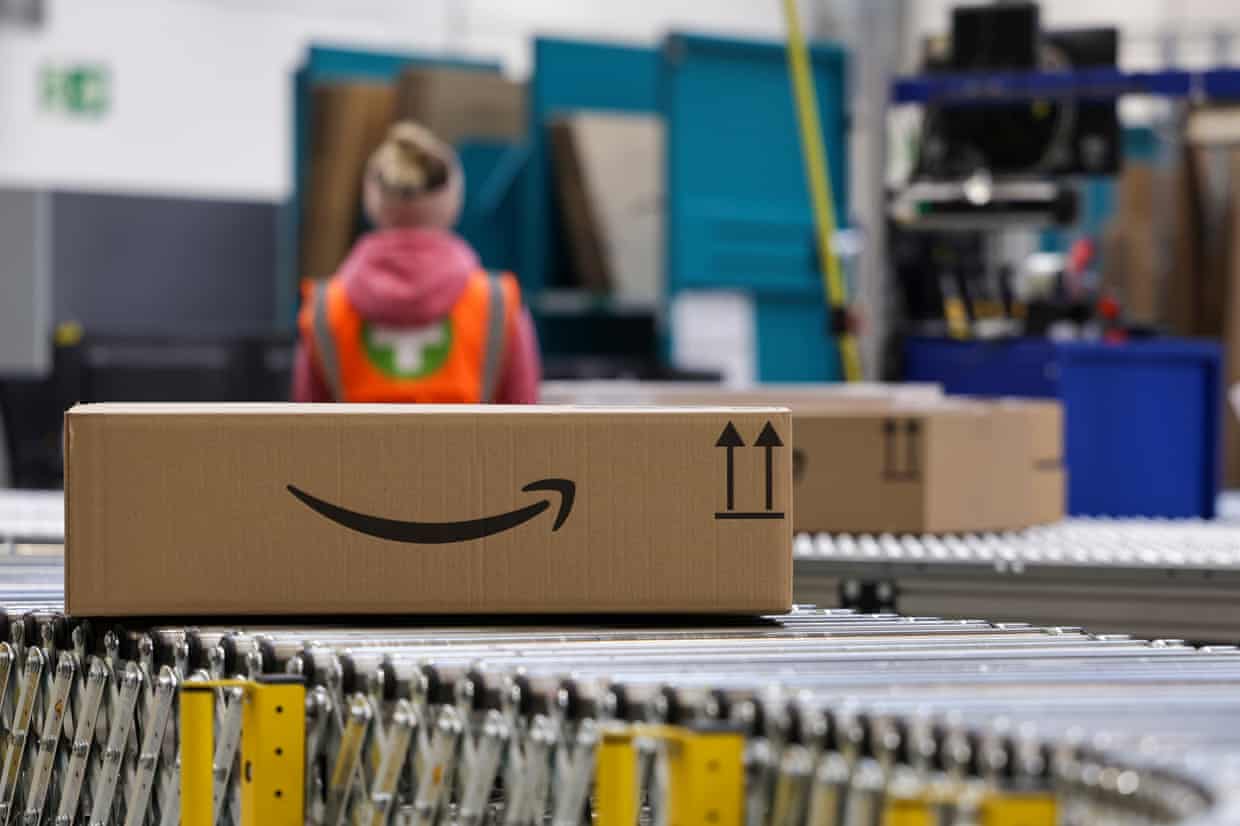
Amazon confirms plans to lay off 14,000 corporate workers as part of wave of cuts

Elon Musk launches encyclopedia ‘fact-checked’ by AI and aligning with rightwing views

‘A good moment in time for us’: Firefox head on AI browsers and what’s next for the web

More than a million people every week show suicidal intent when chatting with ChatGPT, OpenAI estimates
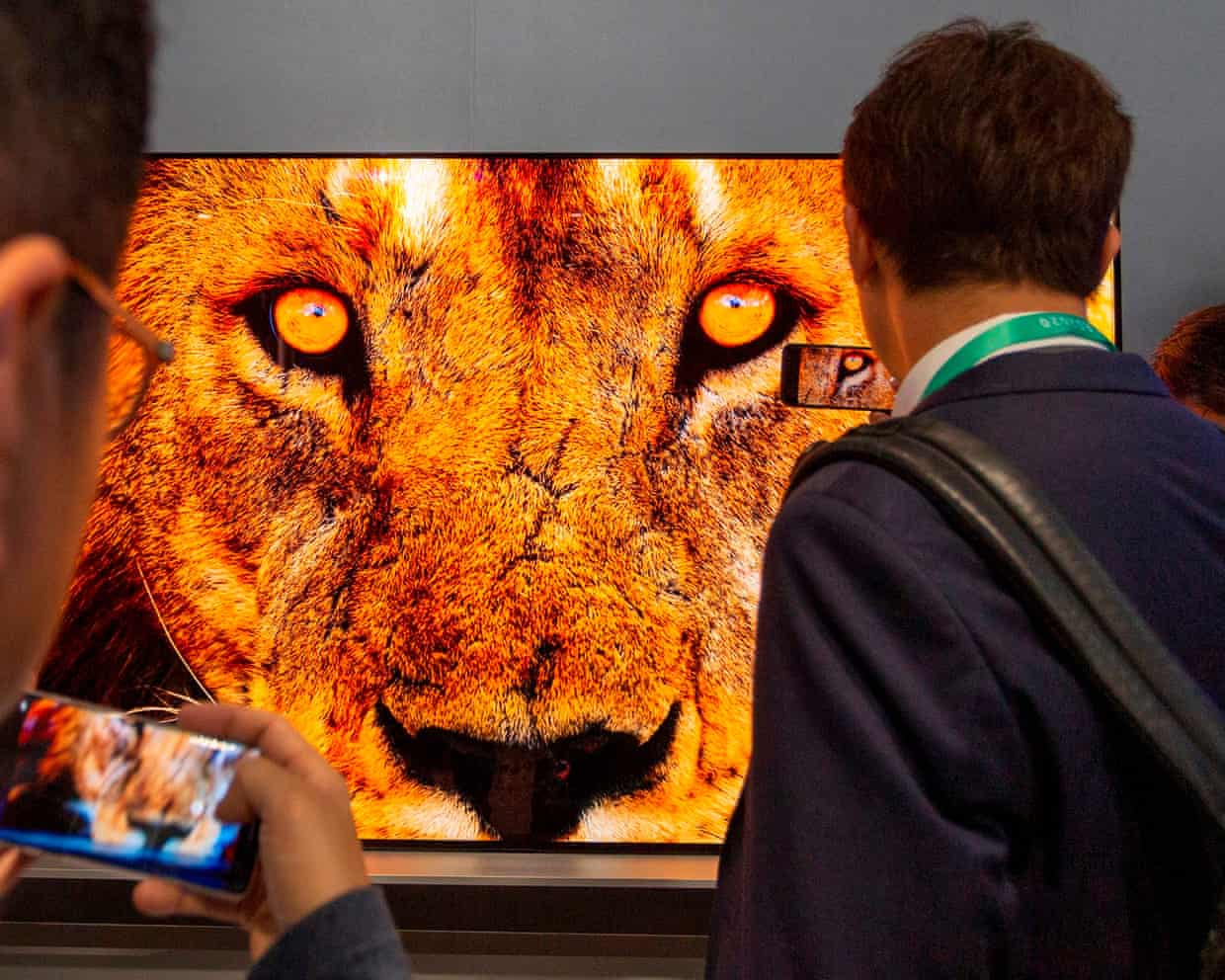
Ultra-HD televisions not noticeably better for typical viewer, scientists say
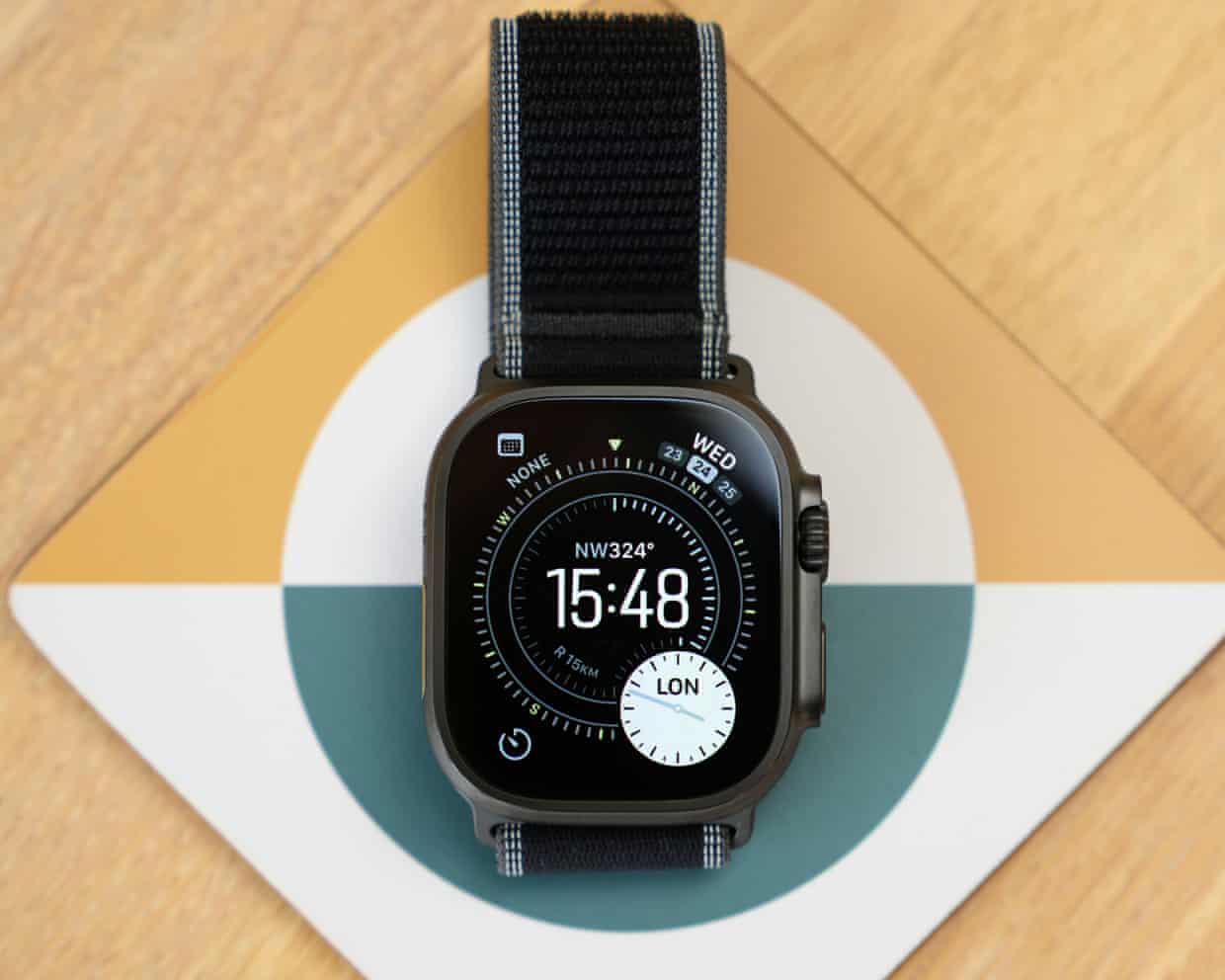
Apple Watch Ultra 3 review: the biggest and best smartwatch for an iPhone